Muslim self-rule backed in Philippines' troubled south
Muslims have long been battling for independence or autonomy on Mindanao
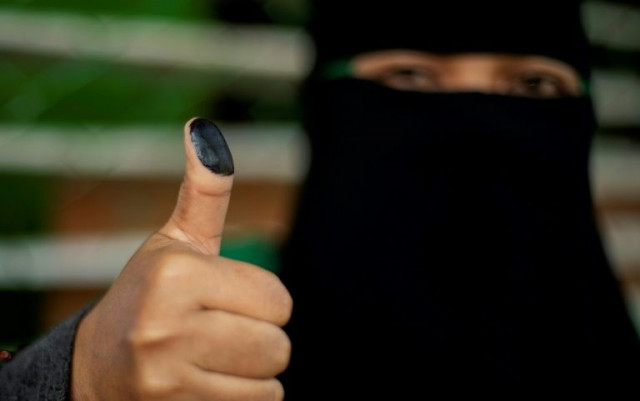
A woman shows her inked thumb at a voting precinct in Cotabato on the southern Philippine island of Mindanao on January 21, 2019, during a vote on giving the nation's Muslim minority greater control over the region. PHOTO: AFP
The results, announced Friday, will begin the process of the Catholic-majority nation's largest group, the Moro Islamic Liberation Front, laying down its weapons and assuming political power.
Moro Islamic Liberation Front Peace Process Implementing Panel giving a briefing to CSOs in the #Bangsamoro on how the peace mechanism will be moving forward with the initial turn out of the #BangsamoroPlebiscite #peacegains pic.twitter.com/g1pH5VKmu1
— mitzi austero (@mitziaustero) January 25, 2019
About 150,000 people were killed in the rebellion that began in the 1970s and aimed to push the government to grant independence to a Muslim minority concentrated on the island of Mindanao.
"We are very happy about the overwhelming support of the people," MILF leader Murad Ebrahim said.
"It was a landslide. There's been nothing like this."
Voters, who were expected to back the so-called Bangsamoro region, delivered a convincing result of about 1.7 million in favour and some 254,600 against, according to official results from the Philippines elections commission.
A handful of smaller areas, which were not included in Monday's referendum due to administrative delays, are set to vote on February 6 on whether to join.
Rebels and the government in Manila hope a new peaceful Bangsamoro will finally draw the investment needed to pull the region from the brutal poverty that makes it a hotspot for radical recruitment.
As part of the peace process, the MILF has joined the government in battling the hardline, Islamic State-aligned factions waging guerilla campaigns in the southern Philippines.
President Rodrigo Duterte, himself from Mindanao, has been a staunch supporter of the Bangsamoro and signed the law last year paving the way for the vote.
Under the terms of the law which lays out the region's powers, Bangsamoro will get $950 million in development funds over the next 10 years, as well as a chunk of the tax revenue generated within its borders and national receipts.
Manila will keep control over the police, but it is hoped close cooperation on security with the Bangsamoro's leaders will help get a handle on the region's endemic lawlessness.
Muslims have long been battling for independence or autonomy on Mindanao, which they regard as their ancestral homeland dating back to when Arab traders arrived there in the 13th century.


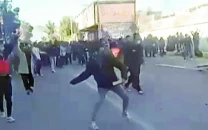
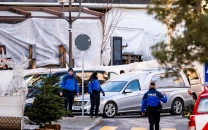

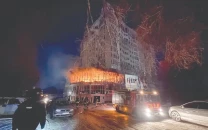



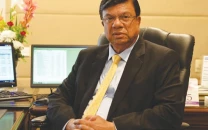
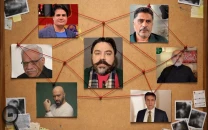








COMMENTS
Comments are moderated and generally will be posted if they are on-topic and not abusive.
For more information, please see our Comments FAQ